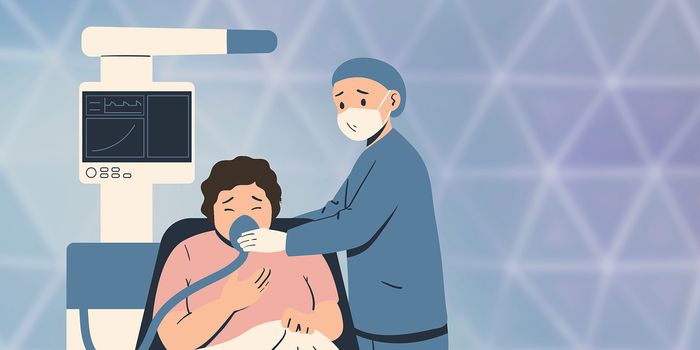Antidepressants May Impair Empathy
Depression is tagged with strong impairments of social functioning. Until recently, researchers believed that acute depression impairs empathy—a necessary skill needed to understand people and interact with others. However, previous studies on empathy examined patients only on antidepressant treatments. Now, unique insights derived from interdisciplinary collaborations— in a research cluster known as "Multimodal Neuroimaging in Clinical Neurosciences”--sought to shed new light on the relationship between effects of acute depressive episodes and antidepressant treatments on empathy responses. The research revealed that antidepressant treatment may impair empathy in regards to pain perception and not just depression itself.
Researchers examined non-medicated patients with acute depression by testing their empathic responses to the pain of others and then comparing these results to the same patients post three month treatment with antidepressants, primarily selective serotonin reuptake inhibitors.
Findings revealed that patients on treatment had lower levels of empathy and when undergoing functional magnetic resonance imaging, they had reduced brain activation in regions associated with empathy. Results were published in in the scientific journal Translational Psychiatry.
"The lowered emotional impact of negative events in a social context possibly allows patients to recover more easily. Nevertheless, the actual impact of reduced empathy on patients' social behavior remains to be explored,” says first author of the study, Markus Rütgen.
Finally, findings concluded that the reduced empathic responses are not caused by the general dampening of negative emotions.
Learn more about treating depression with antidepressants:
Source: University of Vienna









